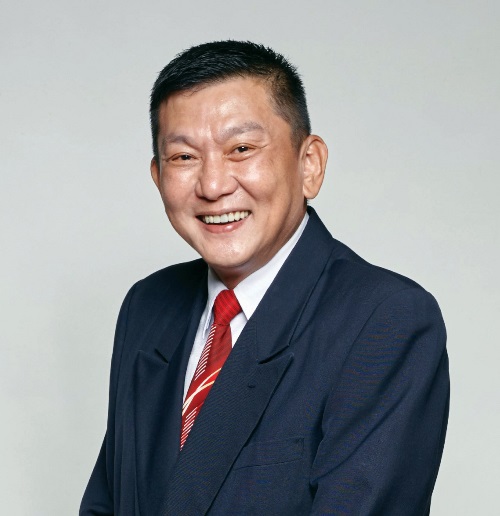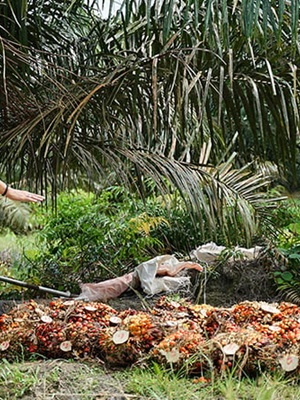-
0Likes
- 0 Comments
-
Share
With mounting challenges in a volatile business landscape, the essential fundamentals of creating value, risk management and accountability, along with a compliance culture based on integrity, transparency and responsiveness, cannot be undermined.
Over Qian Hu’s 21 years as a Singapore-listed company, we have been consistently committed to the best practices of corporate governance and transparency. We started as a local ornamental fish farm in the 1980s but have since expanded into a multi-product business exporting to over 80 countries. This commitment has been with us from the start, regardless of the recent Covid-19 pandemic, economic crises or short-term fluctuations in profitability.
Succession planning
Apart from growing the business, which is a top priority for any company, large or small, we recognised that succession planning was equally critical. I was inspired by the book by Jerry Porras and Jim Collins, “Built to Last,” which advocates that a visionary company should not be about short-term gain but to last for generations. The longevity of a company can be likened to the difference between time telling and clock building. According to the authors, time telling is “having a great idea or being a charismatic, visionary leader,” while clock building is “building a company that can prosper far beyond the presence of a single leader and through multiple product life cycles.”
About five years into our public listing, we set out to identify candidates who would have the requisite skills and experience to take Qian Hu into the future. It was 2005 when our current new CEO, who happens to be my nephew, joined the company as a management trainee along with several others. He was posted to Beijing to manage our operations in China and was promoted to GM of China Operations 11 years later. This new role allowed him to develop the Group’s very first diversification into the aquaculture of edible fish and seafood at a time when the world, including Singapore, was looking into food security. Nurturing a successor requires mettle both for the candidate and the company’s CEO – both must be committed to staying the course.
Persisting in pursuing excellence
Even as a small family business, Qian Hu must consistently do the right things, such as setting up a robust corporate governance structure and upholding integrity. Apart from external audits, we recognise that internal audits on financials and all aspects of the operations are equally crucial. As small businesses, we often think about containing costs. We, at Qian Hu, are very cost conscious too. However, there are certain things that we must build into the operating cost structures. If you have to spend, you have to spend. But we always spend wisely – in good times and bad.
In recent times, ESG (Environment, Social and Governance) has become a hot topic worldwide. Businesses play a pivotal role in ensuring the sustainability of our environment and the impact that our activities have on the surroundings and community. We must put things right and play our part, even if it means spending more to get the right things done. Doing the right thing is a discipline, and we must discipline ourselves to do the right things. At Qian Hu, the Board is responsible for overseeing the Group’s sustainability strategies and initiatives.
Building a robust team
Porras and Collins also encourage owning a cult-like culture, trying new things and continually innovating.
Corporate culture accurately reflects the organisation and its people. It originates from leadership and cascades to all levels within the company. The corporate culture defines how we hire, how employment policies are set, and how a physical space interacts.
This, Qian Hu has strived to do over the years. We bring the team together, uniting all our management and staff in Singapore, Malaysia, Thailand, Indonesia and China around a common goal and ensuring that everyone works towards that objective. Everyone is like-minded about the corporate mission, and this sustains a culture of success.
We also foster a culture where every staff feels valued and heard, thereby creating healthy work environments devoid of politics. While this may not be entirely avoided, the nurturing work environment still rules. In addition, we encourage our leaders to be accessible, to uphold integrity and transparency. When leaders lead by example, our people tend to feel more motivated to work together to achieve our corporate goals.
Without loyal employees, no company can create enterprise value. We must walk the talk and demonstrate that our employees are our priority. Employees thrive in the right corporate culture and identity, and as employers, we have the responsibility to ensure that our staff find purpose and motivation in contributing to the growth of the business.
Posted 02 February 2023















